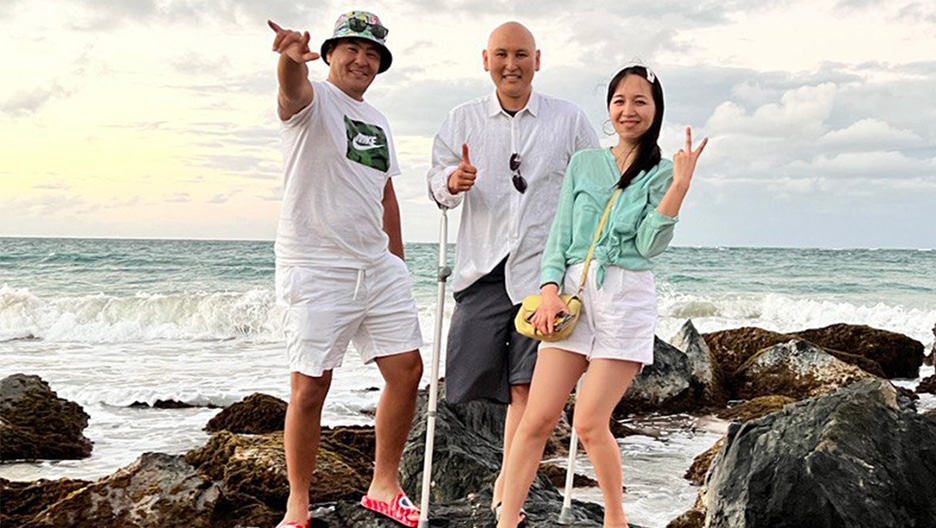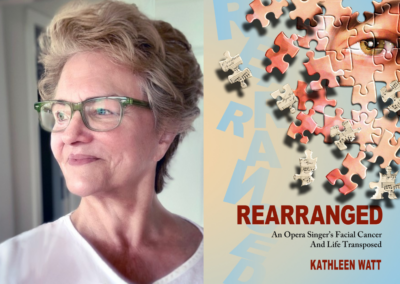William Tap, MD, encourages survivors to ask their doctors concrete questions. “What are the long-term effects of the treatments I have been through? Do you have a survivorship program? What will follow-up care look like?” Knowing what to expect can help you be prepared and can provide some sense of control over your future health.
Question 4: How can I exercise autonomy over my body?
At the end of the day, you are the one coping with the effects of cancer, and it is important that you make decisions about your treatment that align with your own values. For Sloane Dyer, 18, that meant choosing amputation instead of continuing to live with excruciating pain after a limb salvage surgery. “Rather than live with chronic pain the rest of my life and take all these dangerous opioids, I chose to listen to my body. It is an opportunity to have autonomy over my body and hopefully a less painful life,” says Sloane.
Question 5: How will I care for my body image and self-image?
Cancer can have a major effect on your body image and self-image, says Damon Reed, MD, director of the Adolescent and Young Adult Program at Moffitt Cancer Center in Tampa, Florida. Cancer treatments can cause changes in libido. Tumors, and surgeries to remove them, can alter your physical appearance.
For Jani Mueller, interacting with amputees who were living life to the fullest helped her develop more self-confidence about her rotationplasty. Today, she is an advocate for being positive about your body and accepting it.
Spend time thinking about what you will do with the insecurities that arise. How will you ground your self-worth in who you are, instead of your physical features? Consider seeking out a counselor or therapist who can navigate these issues with you.
Question 6: How do I want to live the rest of my life?
Fighting cancer takes so much energy that it can be hard to imagine a positive future for yourself. Take the time to think through your goals for the future and what is most important to you.
Two-time osteosarcoma survivor Carlos made a commitment to himself to not let cancer define who he would become. “I remember being at Texas Children’s one night and looking out the window at the Houston skyline,” says Carlos. “I thought to myself, I’m in here but life isn’t stopping. I made a promise to myself right then and there that I was going to be out there one day. That I would get through this, no matter how difficult it may be. Whether it was cancer, chemo, or the amputation, I was not going to let it dictate or define the person that I wanted to be in life.”







